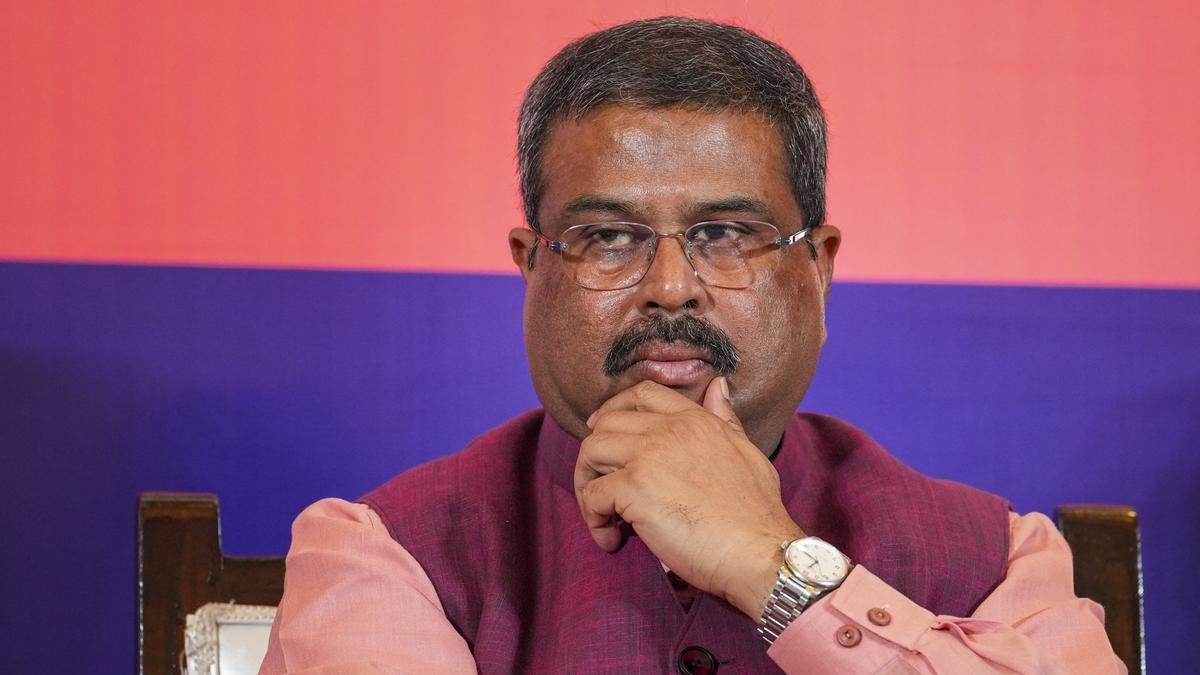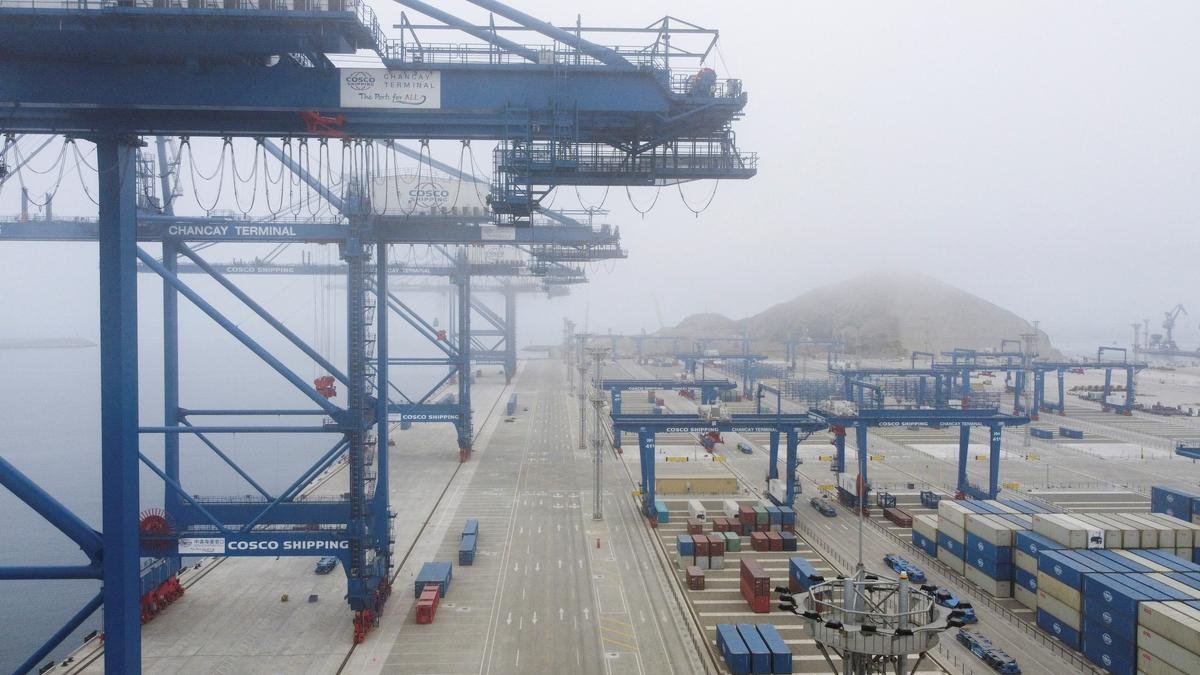Vodafone Idea’s plea for a prolonged loan was turned down by a partnership of Power Finance Corp (PFC) and its publicly traded arm, Rural Electrification Corp (REC). The refusal was based on a discrepancy with internal lending standards and unease regarding the assets provided as security by the financially struggling telecommunications company, as indicated by sources in the sector.
Top sources in the financial industry, engaged in discussions with the company, have revealed that in order for any loan proposal pertaining to power-related projects to be reviewed, Vodafone Idea (Vi) must provide additional security in the form of corporate guarantees to protect these planned obligations from potential defaults. This requirement has been communicated to the company by both infrastructure-focused government lenders.
REC chairman Vivek Kumar Dewangan has verified that Vi has been informed by the lender that REC cannot entertain its loan proposition.
Dewangan informed ET that after a comprehensive review of the proposal, it was determined that it did not align with our internal evaluation standards and policies. Consequently, we notified them several weeks ago that the loan request would not be taken into consideration.
REC recently communicated to Vi CEO Akshaya Moondra that they are unable to move forward with the financing, citing limitations related to the company’s internal policies, guidelines, and established procedures. A copy of the letter has been reviewed by ET.
According to sources familiar with the situation, PFC, the parent company of REC that reviewed the loan proposal, has also rejected it. An email seeking comment from PFC went unanswered.
ET reported last month that Vi faces hurdles in securing funds for its capital expenditure as PFC and REC, along with banks, are hesitant to provide financial support. The challenge intensified after the Supreme Court dismissed Vi’s curative petition, which aimed to reassess telecom firms’ adjusted gross revenues (AGR) as ruled in the court’s 2019 verdict.
Obscured Earnings Visibility
According to an individual knowledgeable about the matter, the lack of experience in the telecom sector by both PFC and REC posed a significant limitation. Moreover, concerns arose regarding the intense competition in the industry and the financial challenges faced by Vi as a result of outstanding government obligations. This led to apprehension regarding the utilization of funds and the extent to which they would be allocated for capital expenditure, influencing the decision-making process at PFC and REC.
It is widely believed by experts that Vi’s inability to secure more funding may pose significant challenges for the company in its competition against larger competitors such as Reliance Jio and Airtel. Although Vi has finalized agreements with major equipment providers like Nokia, Ericsson, and Samsung for 4G and 5G technology, it still has considerable ground to cover to stay competitive.
Analysts report that the company’s market share has declined by 19% following the merger of Vodafone and Idea operations in 2018, attributed to insufficient investments in network infrastructure. To counter this trend, enhancing the 4G network and introducing 5G services are crucial steps that could aid in reducing customer churn for the company.
ET’s queries remained unanswered by Vi until the release of this report.
The current situation has predominantly shifted towards the Aditya Birla Group providing reassurance to creditors. A second individual engaged in the talks mentioned that the conversations with banks are at a standstill due to lenders hesitating to extend credit to the company in the absence of further assurances. The banks have unequivocally stated their positions, and now, with PFC-REC also expressing reluctance, the decision lies with the company’s promoters.
Vi managed to secure Rs 24,000 crore through a combination of follow-on and preferential issues earlier this year, leading to a reduction in government ownership to 23.80%, Vodafone Plc’s stake to 23%, and the Birla group’s interest to 18%. In a bid to sustain its operational activities, the company is now in pursuit of Rs 25,000 crore from creditors along with an additional Rs 10,000 crore through bank guarantees.
Vi’s stock price has plummeted to Rs 8 per share from a peak of Rs 19 per share following a subsequent offering in June. Currently, the stock is trading below the follow-on offering price of Rs 11 per share.
The government is currently contemplating the idea of eliminating the necessity for a bank guarantee for the securitization of postponed spectrum payments. The Department of Telecom (DoT) has circulated a preliminary Cabinet document on this matter, with feedback from the finance and law ministries still pending.










